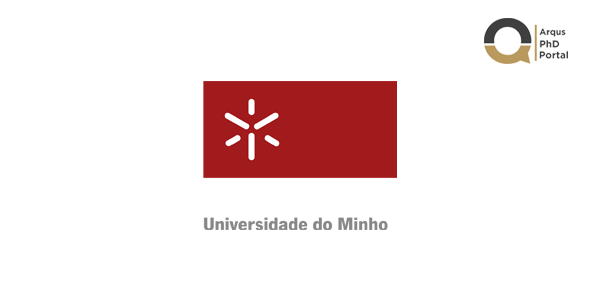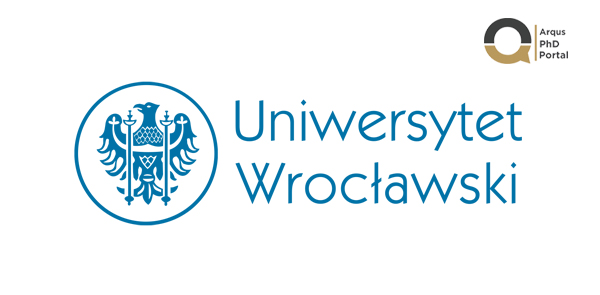
The universities of the Arqus Alliance provide a wide range of PhD programmes and doctoral schools. You can find more information about each university’s offer here:
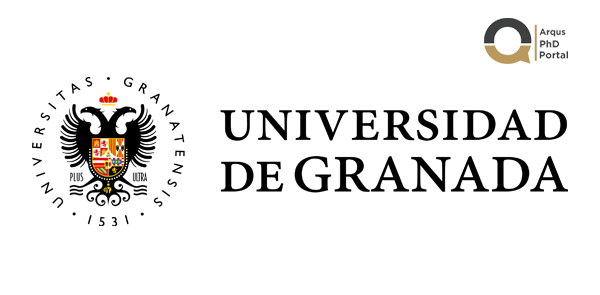
University of Granada
The University of Granada offers 28 doctoral programmes adapted to the European Higher Education Area, grouped into three Doctoral Schools – the Doctoral School in Health Sciences (EDCS), the Doctoral School in Science, Technology and Engineering (EDCTI) and the Doctoral School in Humanities, Social Sciences and LAW (EDHCSJ).

University of Graz
The University of Graz, as a comprehensive university, offers 12 Doctoral Programmes at 6 faculties, which are organised into a broad range of doctoral schools with specific foci. Special offers include a PhD in Law and Politics, the cross-disciplinary programme Teaching Methodology and the inter-disiciplinary programme Antiquity and Modernity in a European Context.
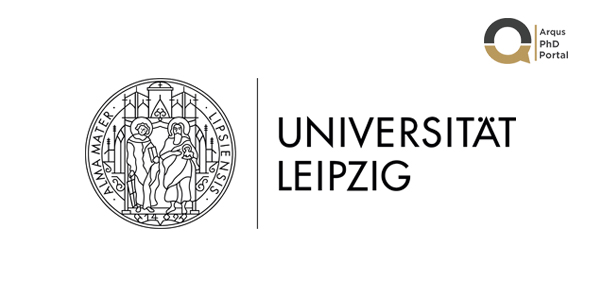
Leipzig University
At Leipzig University, a doctorate can be pursued independently at one of 14 faculties, or as part of a structured or binational programme. Presently there are 6 structured programmes in the Humanities and Social Sciences, 11 in the Life Sciences and 6 in Mathematics, Computer Science and Natural Sciences.

University of Lyon 1
The University Lyon 1 Claude Bernard is part of 13 Graduate Schools in STEM, Health Sciences and, but in more limited terms, Social Sciences (Economy, Psychology and Communications).
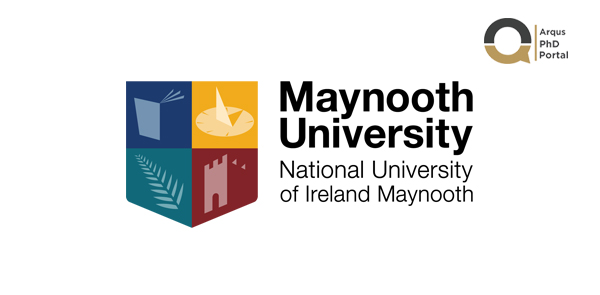
Maynooth University
The University of Maynooth offers more than 30 PhD programmes in a diverse range of fields including Adult & Community Education, Design Innovation, Electronic Engineering, Medieval Irish, Nua Ghaeilge, and Theoretical Physics.
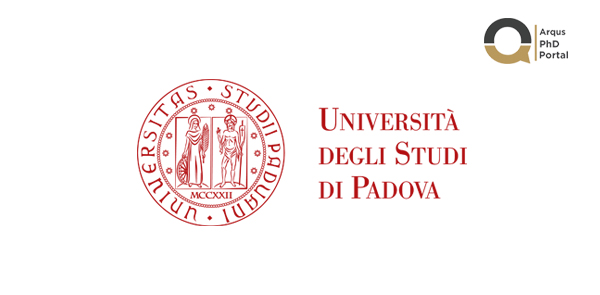
University of Padua
The University of Padova offers 42 PhD Programmes:
10 in Humanities, 5 in Life Sciences, 3 Interdisciplinary Programmes, 8 in Medical and Biomedical Sciences, 14 in Hard Sciences and 2 National PhD Programmes.
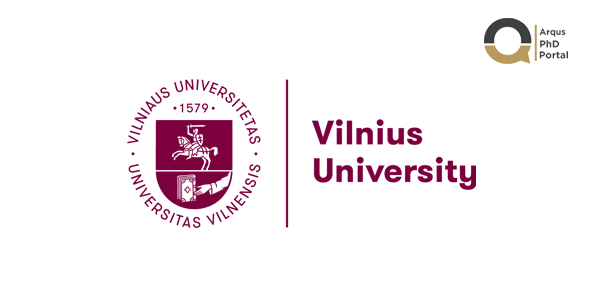
Vilnius University
Vilnius University offers 29 PhD programmes in 5 fields: Natural Sciences, Medicine and Health, Social Sciences, Technological Sciences, and Humanities.

